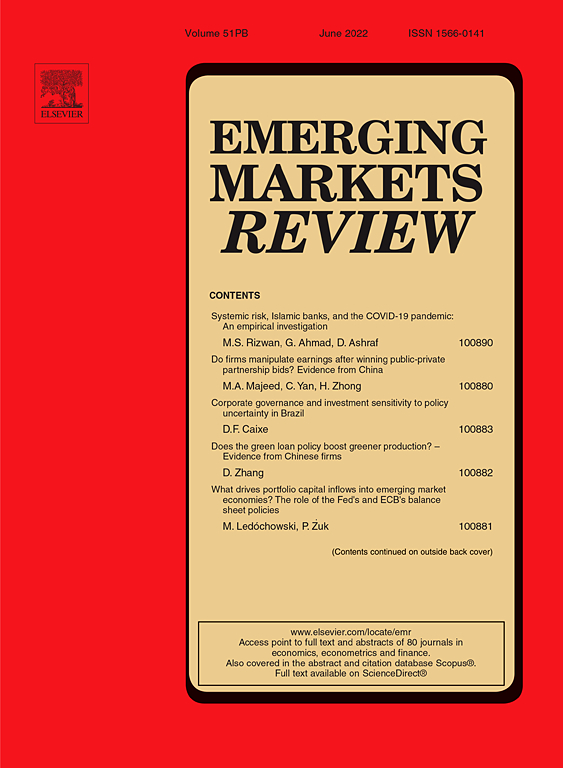We investigate whether central banks from emerging markets can attract or redirect capital flows, by bringing together the entire empirical literature into the first quan- titative meta-analysis. We dissect policy effects based on the origin of the monetary shock and type of flow. Further, we assess whether policy effects depend on factors that drive investors to either search for yields or fly to safety. Our findings indicate a mean effect size of inflows in the amount of 0.09% of quarterly GDP in response to either a 100-basis point (bp) increase in the domestic policy rate or a 100 bp reduction in the external rate. However, the effect size under a fixed effect specification is much higher (0.2%). Factors that attract inflows include output growth, foreign exchange reserves, and a more flexible exchange rate regime, while factors that deter flows include local and global risks. Finally, we find that banking flows are the most responsive to monetary policy, while foreign direct investments are the least responsive.


 Lucia Arango-Lozano,
Lucia Arango-Lozano,  Geraldine Castelblanco,
Geraldine Castelblanco,  Nicolás Fajardo-Baquero,
Nicolás Fajardo-Baquero,  Maria Alejandra Ruiz-Sanchez
Maria Alejandra Ruiz-Sanchez